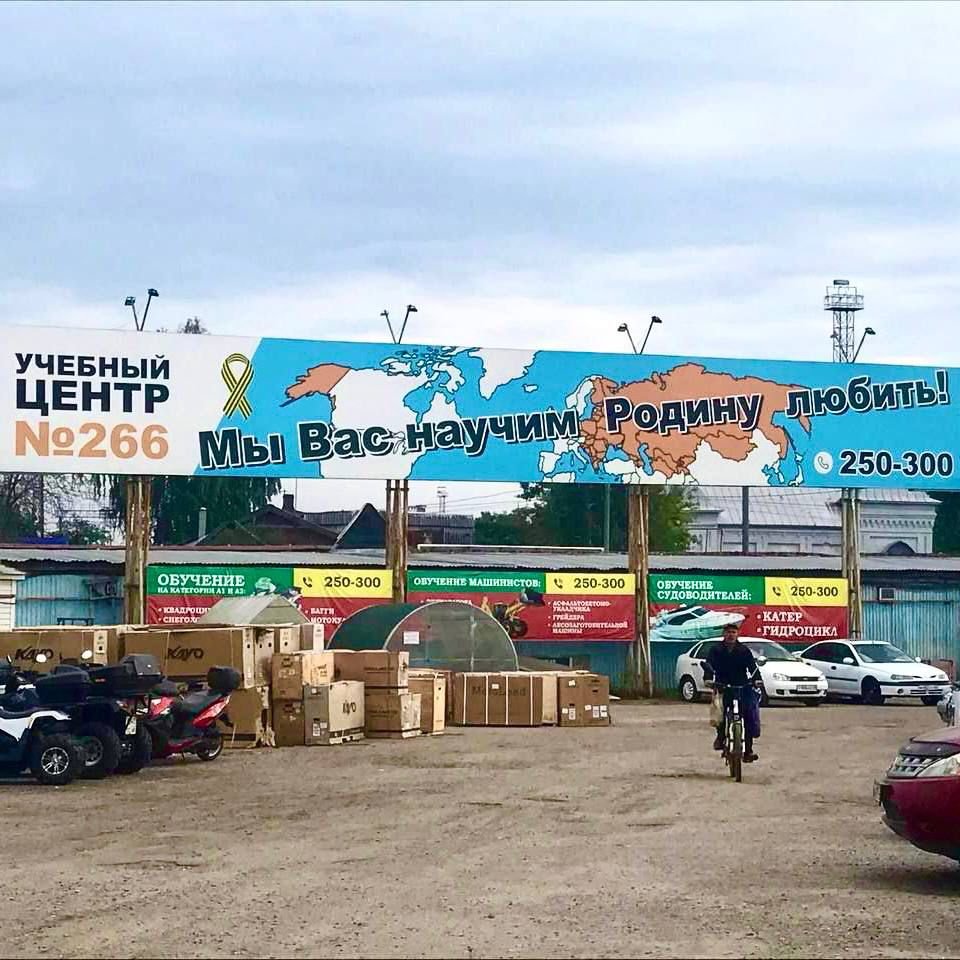Differences between Russian and Western European imperialism
As today we are celebrating the 32nd anniversary of Ukraine’s independence, I would like to share some of the ideas about imperialism in Europe that I presented at the Time Partner conference in the Cotswolds last month.
There are five main differences between Russian and Western European imperialism:
1.The British and French empires were built overseas, whereas Russia built its empire alongside its borders, in Central and Eastern Europe, in the North and South Caucasus, in Siberia and in Central Asia. This helped Moscow to pretend for decades that it had no empire at all and to position itself as a champion against Western imperialism. It is worth noting that Russia tried but failed to build an empire in Africa.
2.The British and French empires collapsed long ago, in the aftermath of World War II, whereas the Russian empire started collapsing only in 1991.
3.The U.K. and France lost their empires almost entirely at once, except for a few small overseas islands. Russia, on the contrary, is still a large colonial power. It lost 27% of its controlled territories in 1991, with the fall of the Soviet Union and of the Warsaw Pact. But as of today, Moscow still controls vast non-Russian territories it had conquered and subjugated in the 19th century, including in the North Caucasus and Siberia. It brutally crushed the Chechen independence movement and completely destroyed its capital Grozny.
4.British and French people have, to a large extent, done their aggiornamento about colonialism and have come to recognise that they had no right to violently subjugate other people and nations against their will. Russian people, on the contrary, still widely support Moscow’s imperialism and glorify past and present Russian leaders who conquer and subjugate foreign territories and people. Colonialism is still very much in Russian political DNA, and there is very little political debate within Russia to challenge this dreadful and dangerous ideology.
5.Contrary to France and Britain, Russia has been actively trying to regain control over its lost former colonies, including by force. It launched an unsolicited and full-scale invasion of both Georgia and Ukraine, and has de facto annexed Belarus politically.
France and Britain’s questionable policies vis-à-vis their former colonies are often described as neo-imperialism. While I share some of these criticisms, it would, however, be a fundamental mistake to equal them to Russian violent neo-imperialism – they are fundamentally different and we should not use the same word to describe both.
The picture below was taken in Tambov, a small Russian town 500km from the border with Ukraine. It perfectly illustrates my fourth point about persistent imperialistic thinking among Russian people. This is a banner advertising a training centre for obtaining driving licences, boat permits, heavy machinery trainings, etc. The Russian slogan states “We will teach you to love motherland!”. The map shows in orange colour the territories that Russians believe should be part of the “motherland” and therefore properly “re-educated”:
the current Russian Federation (which includes many non-Russian nations)
the countries that gained their independence from the Soviet Union in 1991: Lithuania, Latvia, Estonia, Belarus, Ukraine, Moldova, Georgia, Azerbaijan, Armenia, Kazakhstan, Uzbekistan, Turkmenistan, Kyrgyzstan, Tajikistan
The Warsaw Pact countries that were not in the Soviet Union but which had been subjugated by force by Moscow after WW2: Poland, Czechia, Slovakia, Hungary, Romania, Bulgaria, and East Germany
All the countries which formed the former Yugoslavia
Finland, Greece, Mongolia and Alaska.
The Russian invasion of Ukraine is part of a wider colonial war by Moscow to re-establish its lost empire. This is well understood by everyone in the region. This is the reason why most central and Eastern countries were desperately keen to join NATO to obtain protection against Moscow’s expansionist agenda. But it is astonishing to see how many people in Western Europe, Latin America, Africa, the Middle East and Asia who do not get it.
Russia is the last and only country in Europe that still actively glorifies and pursues brutal colonialist and imperialist policies. There will be no peace in Europe as long as Russian imperialism will not be defeated. The international community must, therefore, pursue a double objective:
ensure that Moscow loses its imperialistic war in Ukraine
help Russian people to get rid of their toxic imperialistic ideology. British, French, Germans, Belgians, Italians, Portuguese, Japanese and many other people throughout the world managed to abandon their colonial thinking and accept to respect their neighbours’ territories. It is now the turn of the Russians to do so.

